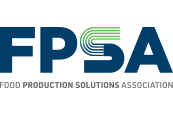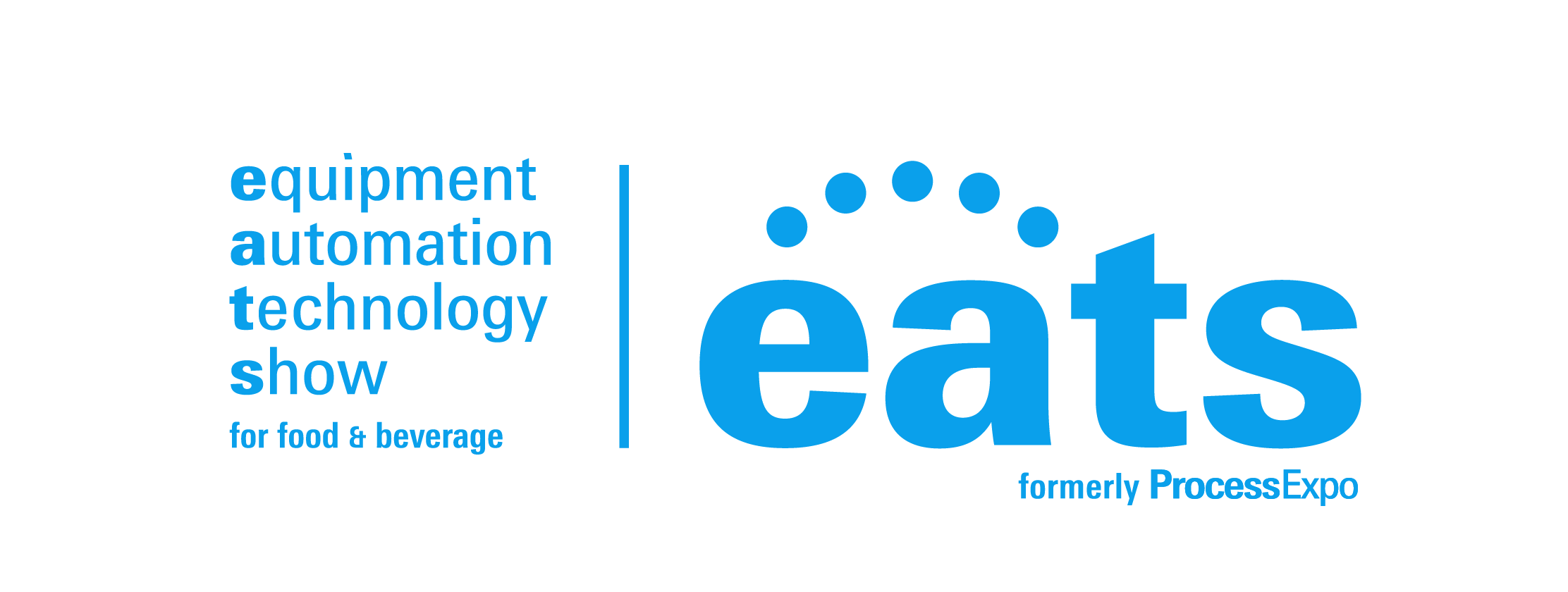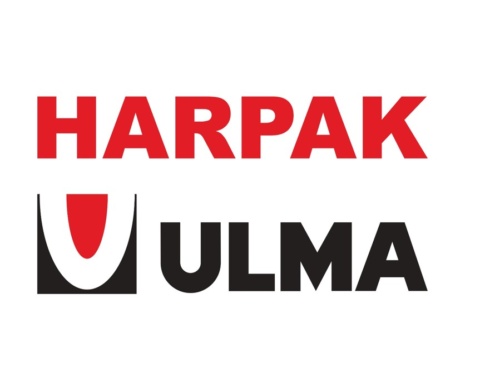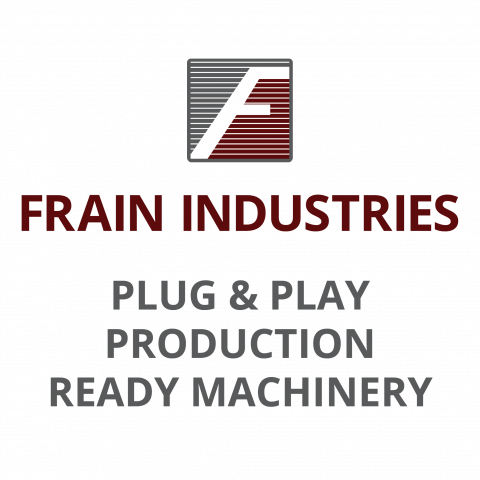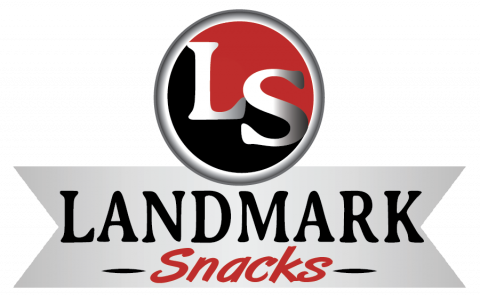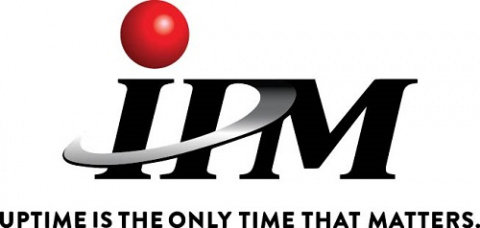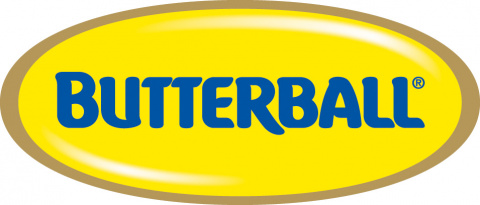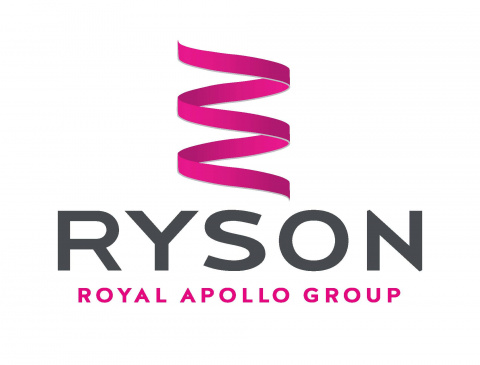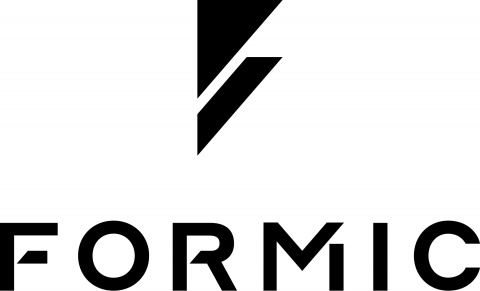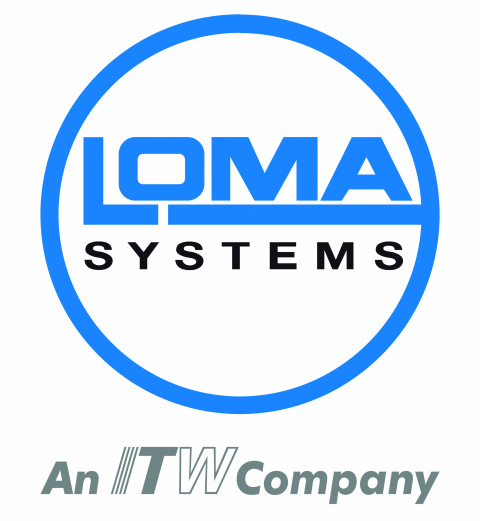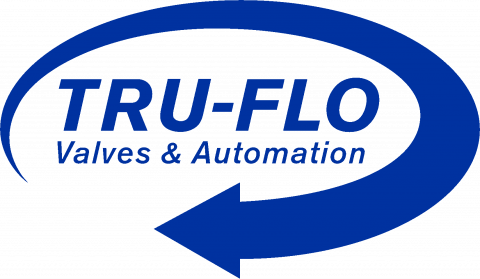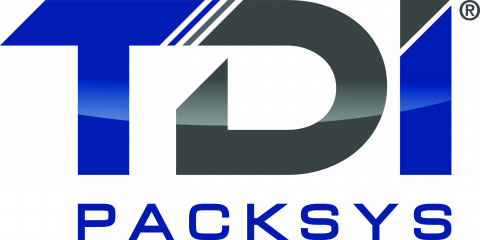
As I sipped my coffee this morning before going to work, I learned on the news that Nvidia had surpassed Amazon in market capitalization yesterday. My first thought was, who the hell is Nvidia? Please note that I fully acknowledge I am a dinosaur and as such, while being a news-junkie, that rarely includes tech news.
For fellow dinosaurs, Nvidia produces server AI chips that can cost more than $20,000 each. Companies such as Microsoft, OpenAI and Meta need tens of thousands of them to run products such as ChatGPT and Copilot. Thank you to CNBC for enlightening me on this. I guess knowing this, it makes sense that Nvidia can rise to the very top, even if just for a short time on one day. I have a feeling this is just beginning though.
Over the course of my 25-year career in the food industry, I have called it traditional or conservative at times. In speaking with some of these “older” manufacturers about AI, they know of it but don’t yet see how it will be applied in their business or when. I would venture to say that this applies to some segments of the industry, and perhaps the more local or regional processors, but at the same time, I will happily concede that this industry is not a monolith and in countless cases, is incredibly dynamic. In fact, I look forward to seeing how our industry adopts AI to take their production to the next level.
That being said, I’ve been thinking about how AI can be applied in the food production facility. My first thought goes back to October’s Pet Treat Production Line at PROCESS EXPO, (now EATS). MontBlanc AI was a participant in the line and during the live demonstrations, attendees learned how this technology could aid them in detecting anomalies and defects, while also optimizing the process. Other functionalities of AI that could be put to use today in a plant include safety monitoring both in terms of physical safety of workers, as well as food safety for rapid detection of bacteria in product. Obviously, these are not tomorrow’s concerns. All food manufacturers focus on these issues now, so if the technology is there to improve upon existing processes, we should be looking at that, no?
Given the importance of this technological advancement and how it can be put to use among food companies, FPSA has chosen to make this a key topic in the program for next month’s Executive Exchange & Conference taking place at the Renaissance Esmeralda Resort & Spa in Indian Wells, CA, March 26-28. This session will feature speakers from Microsoft and MontBlanc AI and is intended to show our audience how they can take advantage of this technology now. The Conference is open to FPSA members and non-members alike, so we encourage any interested parties to sign up to attend. I hope you can make it!
Andy Drennan
FPSA, SVP
